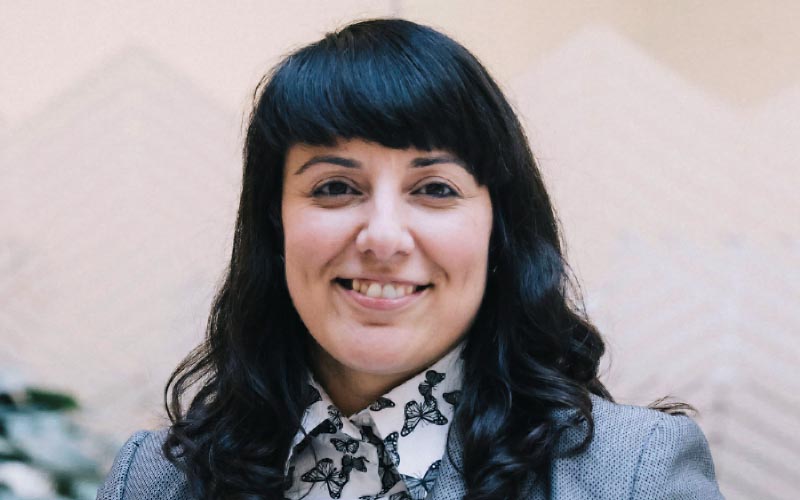The NHS has undergone many technological shifts since it was challenged with an international pandemic – not least its preferred methods of communication.
Since the arrival of COVID-19, Karina Malhotra, founder and director at Acumentice, called the move to new technology such as Microsoft Teams a ‘social renewal’.
The London firm has special access to the NHS’ inner workings as it operates in partnership with several trusts to deliver large-scale operational and digital transformation solutions.
It has worked with the likes of Barts Health NHS Trust, Brighton and Hove Clinical Commissioning Group, Maidstone and Tunbridge Wells NHS Trust and Imperial College Healthcare.
The firm also has the benefit of Malhotra’s first-hand experience in the Health Service. The former NHS director and senior leader said in recent history tech vendors – or “outsiders” – to the NHS had been met with scepticism, fuelled largely by risk aversion.
But with the combined demands of social distancing and COVID-19, that approach has shifted in favour of collaboration-first, she said.
“It was very interesting to see everybody banded together. The NHS has been working hours and hours to get through this time,” Malhotra said of the many tech pivots taken after coronavirus.
She says the NHS, like many massive operations, is built around documents and paperwork and this is particularly accentuated when it comes to issues like crisis management.
Apart from email, Malhotra said there was no online communication platform prior to coronavirus which could aid in centralising this communication.
“In every hospital I’ve worked in, it’s been email and conference calls at best, which were very rare,” she described.
Malhotra said that encouragement to adopt new collaboration tools such as Microsoft Teams had made such working easier by allowing meetings and documents to be shared across disparate teams.
“People just needed to see how working together can make a real impact and it certainly has with the client organisations we’re working with,” she said.
Acumentice has helped the NHS with the installation of software to enable communication between teams.
The new tech has made converts of some its users, she said.
“It’s interesting how many old-school thinkers have come around to understanding the sort of productivity and efficiency gains that they are getting out of using these kind of platforms,” she said.
“It’s definitely time to be thinking ahead and keeping hold of these innovations and success stories and taking them through with us.”


